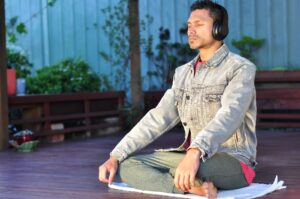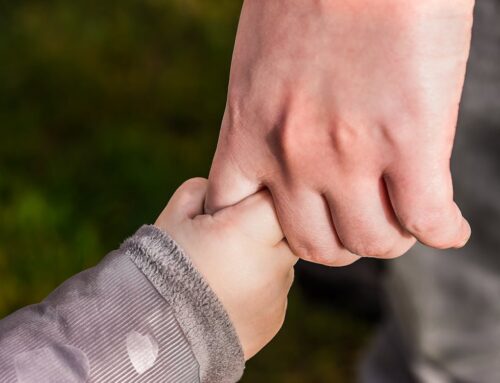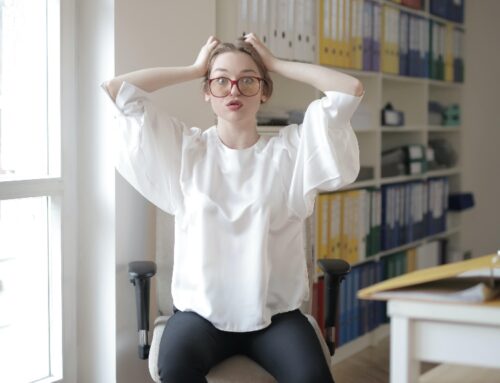 You’ve known for a while that you’ve been struggling with anxiety. At first, you may not have wanted to admit it to yourself. But you can’t ignore the signs and symptoms you’ve been experiencing anymore.
You’ve known for a while that you’ve been struggling with anxiety. At first, you may not have wanted to admit it to yourself. But you can’t ignore the signs and symptoms you’ve been experiencing anymore.
A lot of people go to therapy or take medication for anxiety, but that may not feel like something you’re interested in or ready to try — and that’s okay. Luckily, there are many different treatment options for anxiety, and medication isn’t the only combatant. Let’s learn more about effective natural solutions for reducing anxiety.
Move Your Body
Moving your body doesn’t just mean spending hours a day at the gym or running circles around your neighborhood. Moving your body just means getting your blood pumping and your heart racing. Exercise has been proven to show other benefits besides just making you healthier from the inside out. When you exercise, your body releases a feel-good chemical called endorphins. This acts as a natural mood booster as well as a stress reliever.
Start Meditating
 A lot of stress and anxiety can be caused by thinking about things from your past or even things from the future that haven’t even occurred yet. Meditation is a great way to bring your body and mind back to the present moment in time. Incorporating meditation into your routine is a great way to slow down those negative, racing, and ruminative thoughts. In turn, this can help to reduce those feelings of stress and anxiety.
A lot of stress and anxiety can be caused by thinking about things from your past or even things from the future that haven’t even occurred yet. Meditation is a great way to bring your body and mind back to the present moment in time. Incorporating meditation into your routine is a great way to slow down those negative, racing, and ruminative thoughts. In turn, this can help to reduce those feelings of stress and anxiety.
Start Journaling
Journaling is a great way to release all of those thoughts, feelings, and emotions from deep, down inside of yourself onto the pages of a notebook instead. Give those thoughts, feelings, and emotions a place to live and escape instead of holding them all in.
 Not only is journaling a great tool to use at the moment that you’re feeling anxious, but it’s also a great tool to look back on later. You can use it as a way to try to better help you understand your anxiety, the signs and symptoms you’re struggling with, and what coping mechanisms may have helped or not helped you so you know for the next time you’re experiencing anxiety.
Not only is journaling a great tool to use at the moment that you’re feeling anxious, but it’s also a great tool to look back on later. You can use it as a way to try to better help you understand your anxiety, the signs and symptoms you’re struggling with, and what coping mechanisms may have helped or not helped you so you know for the next time you’re experiencing anxiety.
Prioritize Your Sleep
Anxiety can have a negative impact on your sleep schedule and routine. If you actively work to stay on schedule to go to bed around the same time each night and wake up around the same time each morning, your body will naturally fall into a good rhythm and routine. You should be aiming for at least eight hours of sleep each night. Here are a few ways you can work towards prioritizing your sleep:
- Avoid caffeine
- Keep your room dark and cool
- Limit screen time close to or while in bed
- Make your room as comfortable and cozy as possible
- Try to only sleep when you’re tired
Breathe
Anxiety can cause a lot of things to race or feel like everything is happening at an increased speed. Try to slow things down by focusing on your breathing. You can take long and deep breaths to help bring your body, brain, and breathing back to a normal pattern again. There are a lot of different breathing techniques out there, so you’ll have to try what works best for you. Next time you’re feeling a little anxious, try to just breathe.
Next Steps
While these home remedies are great and effective, none of them will replace the support of a true professional. There’s nothing wrong with reaching out for help. Working with a therapist can help you get back on track again, anxiety-free. Learn more about treatment for anxiety here. Reach out to me today to set up a consultation.





